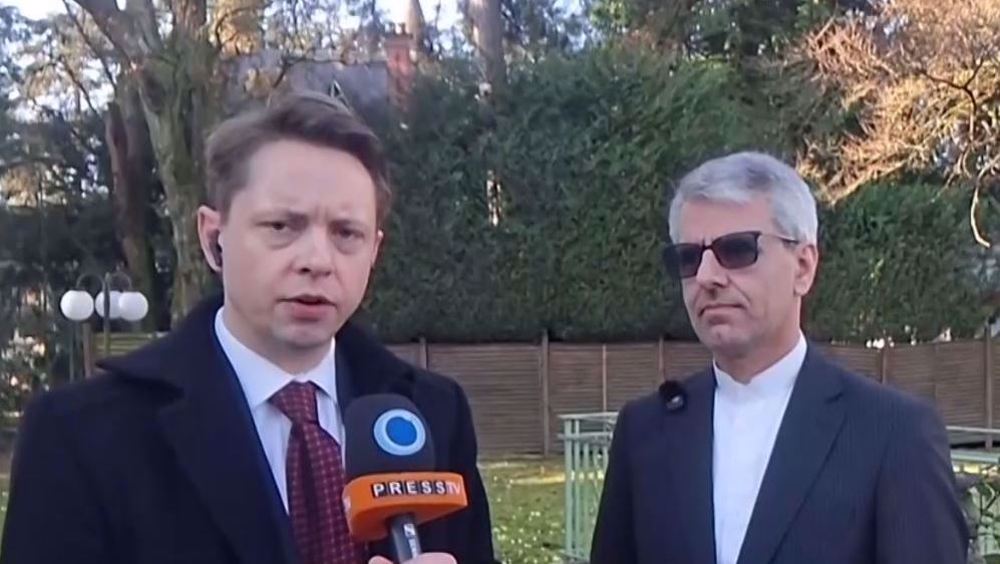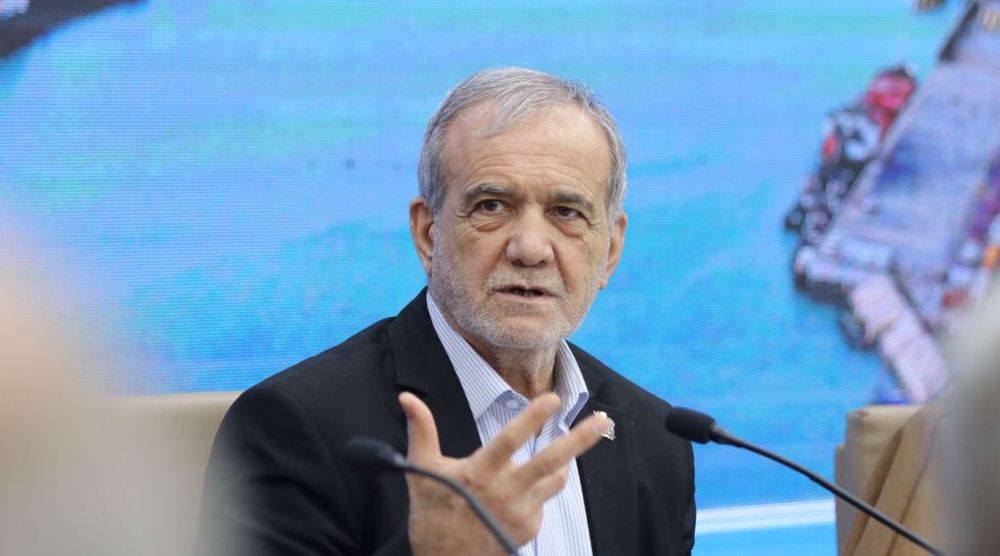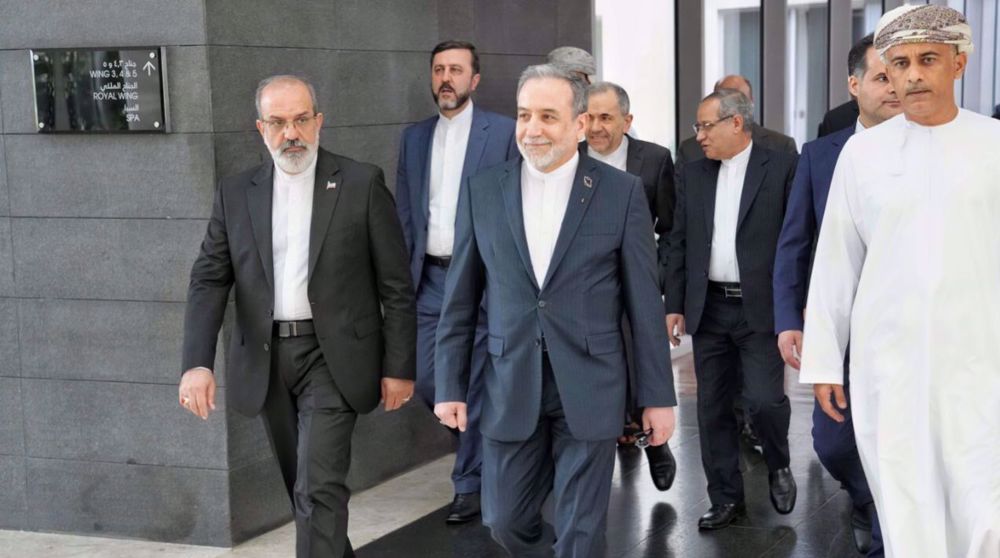Iran missile program serves national interests, will not be ditched: Iran official
A senior Iranian official says the Islamic Republic’s missile program serves the country’s national interests and will not be abandoned.
Speaking to reporters in Tehran Wednesday, Hamid Ba’eedinejad said Iran’s missile program is defined in completely defensive terms, dismissing recent opposition expressed by the UN and the West.
“We cannot set the country’s national interests based on others’ viewpoints,” Ba’eedinejad told reporters on the eve of the first anniversary of a nuclear accord reached between Iran and other countries.
His remarks were apparently aimed at a report by UN chief Ban Ki-Moon last week, claiming that Iran's missile tests were not in the spirit of the country’s landmark nuclear deal with world powers.
“The foreign opponents of Iran’s missile program should not expect Iran to quit its defensive and security interests. Iran’s missile program is no threat against” regional and other countries, Ba’eedinejad said.
In his first six-monthly report to the Security Council on implementation of a UN resolution endorsing the landmark deal, Ban called on Iran to stop conducting ballistic missile launches.
Ba’eedinejad said Ban's draft report on the resolution is “highly imbalanced,” expressing hope that the version of the report to be officially published will be “balanced and comprehensive.”
The senior negotiator at the nuclear talks also said the agreement with the so-called P5+1 group of countries is holding a year after it was agreed but more needs to be done to ensure its full implementation.
"The total process has been relatively satisfactory despite the difficulties that we see in the implementation," he said. "We believe that the deal has not been violated so far and efforts continue to resolve the remaining issues," Ba'eedinejad added.
The deal between Iran and Britain, China, France, Germany, Russia and the United States envisages Tehran scaling back its nuclear program in return for the lifting of all nuclear-related sanctions.
However, months after the accord went into effect in January, the US and EU maintain some sanctions on Iran, driving off companies from resuming trade with the country.
European banks have also balked at the idea of resuming transaction with Iran, fearing punitive US measures. US Republicans, meanwhile, are pushing through three anti-Iran bills in Congress which seek to wreck the nuclear agreement.
Ba'eedinejad said Iran "had more expectations on the removal of economic, banking and financial restrictions, but despite all these deficiencies there is a feeling of hope inside our country to remove these obstacles" through more talks.
"We will not agree to anything less than the full implementation of the JCPOA," he said, referring to the Joint Comprehensive Plan of Action as the nuclear agreement is officially called.
The agreement caused "great optimism" in Iran on "unrelated issues", Ba'eedinejad said, but those expectations are "fortunately being balanced and adjusted to reality."
Ba’eedinejad expressed hope that “with negotiations and consultations, the likelihood exists for the resolution of the problems.”
He said the joint commission on the JCPOA which monitors the implementation of the deal will convene in Vienna next week with the participation of Iranian and P5+1 representatives.
VIDEO | Press TV's news headlines
Paris silencing pro-Palestine voices
Iran raises alarm at ‘environmental consequences’ of US militarism
Iran: UN Security Council inaction on Israeli crimes ‘catastrophic’
Report: US intel debunks Trump's claim of Iran working on ICBMs
Vance says 'skeptic of military intervention' after progress in Iran talks
VIDEO | Third round of Iran-US nuclear talks concludes in Geneva
Geneva talks: Iran signals firm resolve, rejects US pressure, proceeds with cautious optimism















 This makes it easy to access the Press TV website
This makes it easy to access the Press TV website